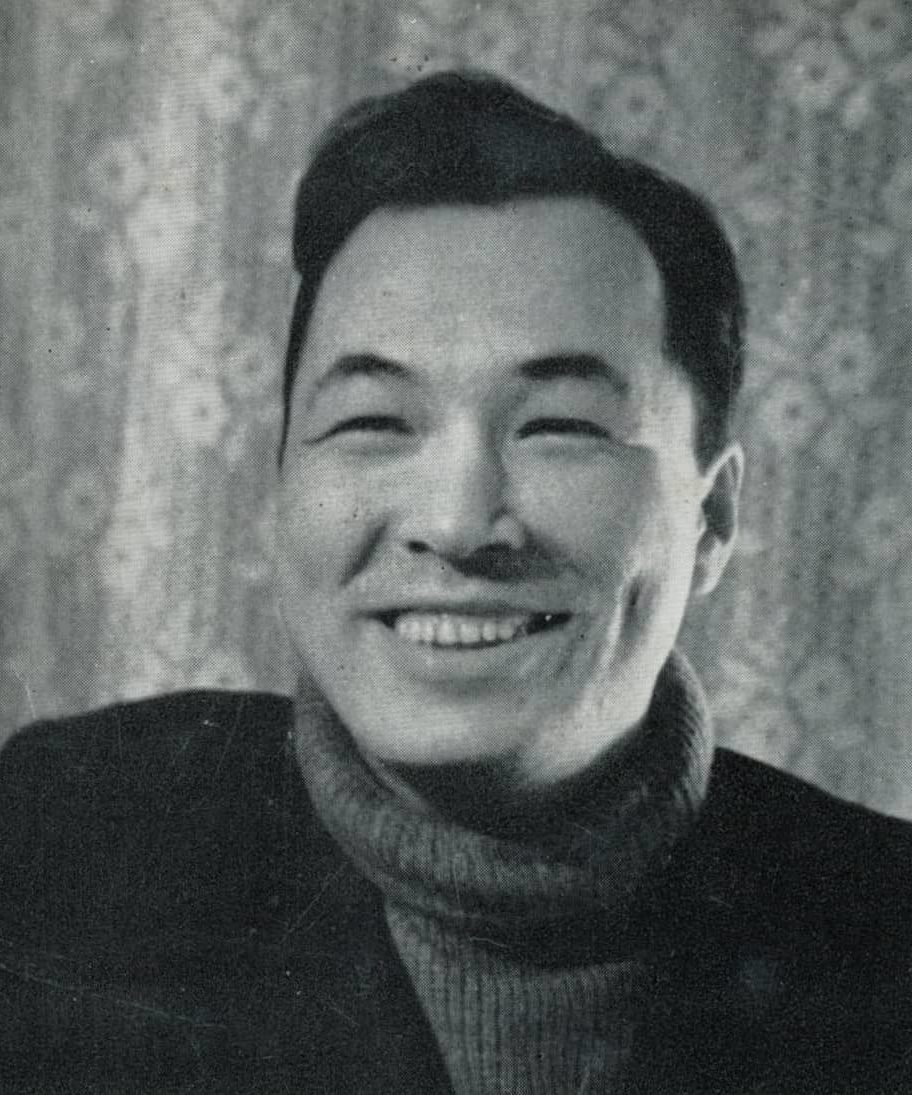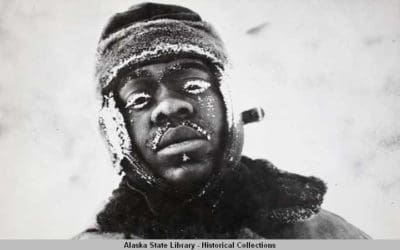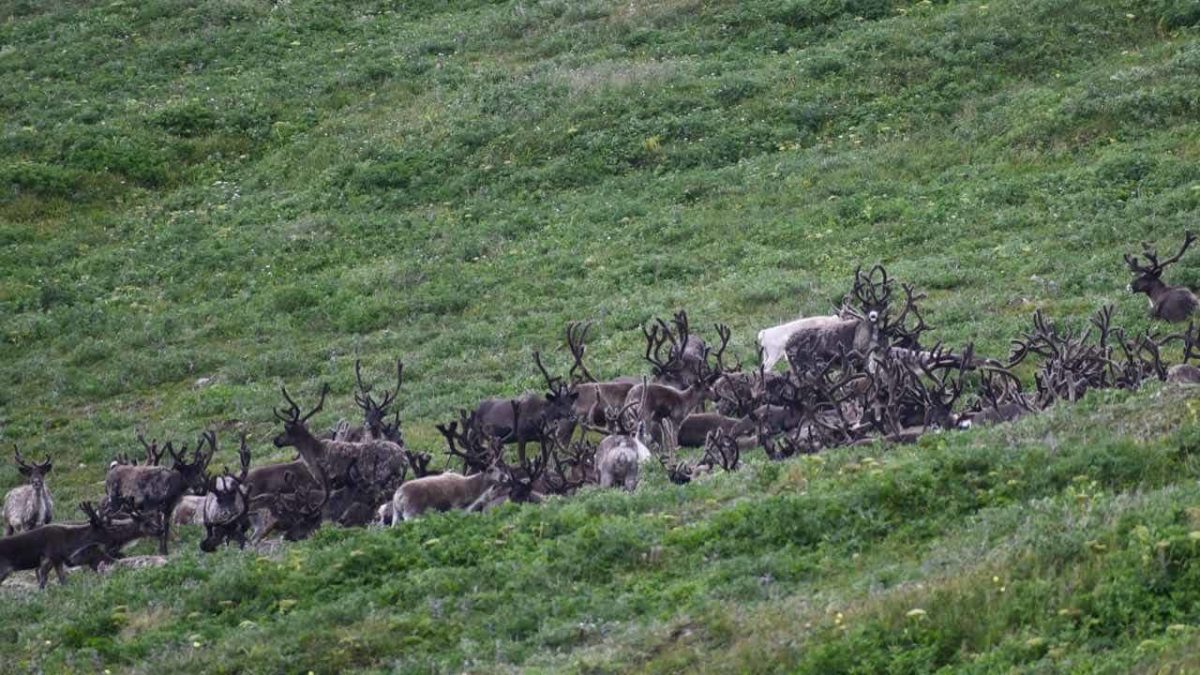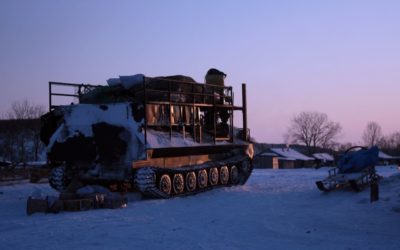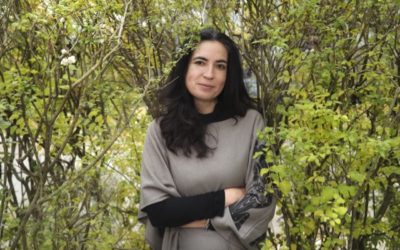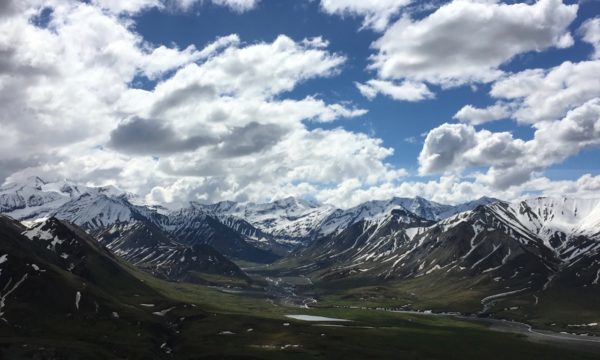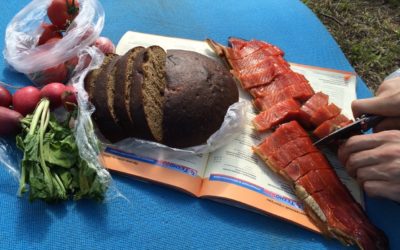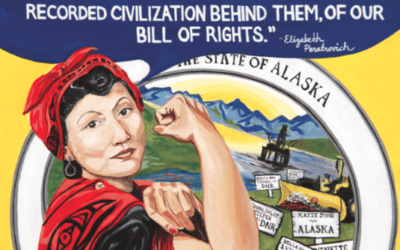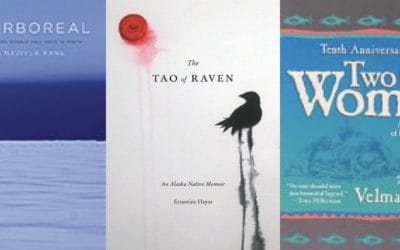Freedom and Security
Why are rural Alaskans so passionate about the concepts of freedom of speech, gun rights, right to privacy, and security?
Yuri Rytkheu: Review of When the Whales Leave and other Chukchi stories of the far North
When the Whales Leave is a stunning, elegiacal creation story from one of Russia’s foremost Indigenous authors. Written by Yuri Rytkheu in 1975, this short, novella-length fable connects Indigenous cultures across Alaska and the circumpolar North with its attention to details of history and ecology. The book includes an introduction by Gretel Erhlich, and historical notes from translator Ilona Chavasse.
African Americans in Alaska: Black Lives Matter
From Captains on the Arctic seas, to military highway engineers, to attorneys and legislators, African Americans in Alaska came early in the history of the territory and helped develop the state as we recognize it today. Black whalers were some of the first people from the east coast to see Alaska, starting in the early 1840s . . .
An Interview with Julia Phillips, Part 3
“It is an extraordinary betrayal of a national promise to care for, that the state will care for the people and its land. And . . . that the state has said “Yes, we are here, you can depend on us. Put aside your traditional ways of gathering food or of looking out for each other. Because we are here now, . . . to . . . supplant your economy with our economy now, so you can depend on it and we’ll be there.” And then for that state to disappear, is deadly. It’s really deadly.”
An Interview with Julia Phillips, Part 2
In this episode, we dive into specifics about the author’s identity and experience as a white American woman from New York City, observing rural and Indigenous Russians of Kamchatka in their day-to-day lives. We hear her reflections about time spent in rural Kamchatka, traveling with dogsled teams, reindeer herding families, and gathering wild foods. We reflect on circumpolar questions about the ocean’s fish supply after Fukushima,
While Nanabijou Sleeps: Tanya Talaga on racism and survival of Indigenous youth
Three hours north of Thunder Bay, Ontario, Armstrong had several large new homes situated on a rise above the town, each with a law enforcement vehicle parked in the driveway. Below these houses, most of the community lived in older, smaller, rundown homes. We wondered about the relationship between these officers in “Armstrong Heights” and the rest of the community, given
An Interview with Julia Phillips, Part 1
Welcome to our podcast, Salmonberries, where we bring you stories, interviews, and discussions from across the circumpolar North to surprise, delight, and build community. Our inaugural podcast features an interview with author Julia Phillips, who wrote the debut novel Disappearing Earth . . . As I read it, I kept thinking of all the ways it is relevant to Alaska. I was so excited by the author’s approach to storytelling . . .
Women of Kamchatka: Review of Disappearing Earth by Julia Phillips
Set in the Kamchatka peninsula of far northeastern Russia, debut novelist Julia Phillips writes in Disappearing Earth about the interior worlds of women, the importance of community, and the impacts of gender-based violence on both, with a depth of human insight reminiscent of Tolstoy. The story opens with the kidnapping of two young Russian girls . . .
Civil Rights Heroine: Review of Fighter in Velvet Gloves by Annie Boochever with Roy Peratrovich Jr.
Elizabeth Peratrovich’s history-making speech before the Alaska Senate in 1945 persuaded passage of America’s first state anti-discrimination act, nearly 20 years prior to Title VII of the US Civil Rights Act. Boochever’s concise, sensitively written, historical teen non-fiction book Fighter in Velvet Gloves conveys Peratrovich’s positive can-do life attitude . . .
Indigenous Women Authors: Review of The Round House by Louise Erdrich
When I first moved to a small village in rural Alaska, I would hang out in the school library. A lot. I was amazed to find so many books there, in this tiny community off the road system, where the cost of shipping goods exceeded $1/pound. Old books. New books. Lots of stories by writers I knew. Lots of history about Alaska, by writers I’d never heard of. But I struggled to find books by Indigenous women . . .

